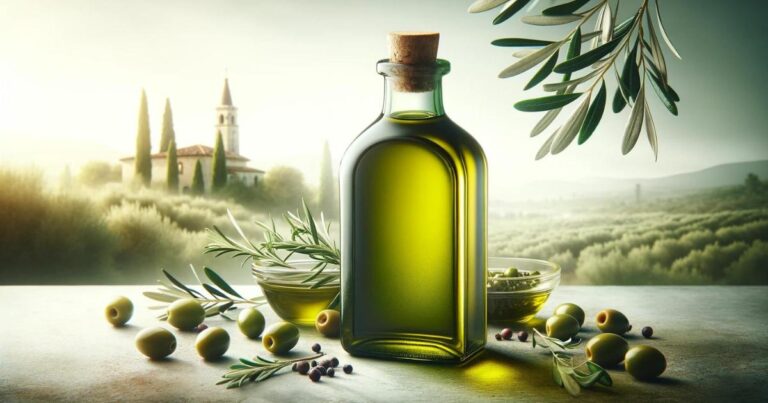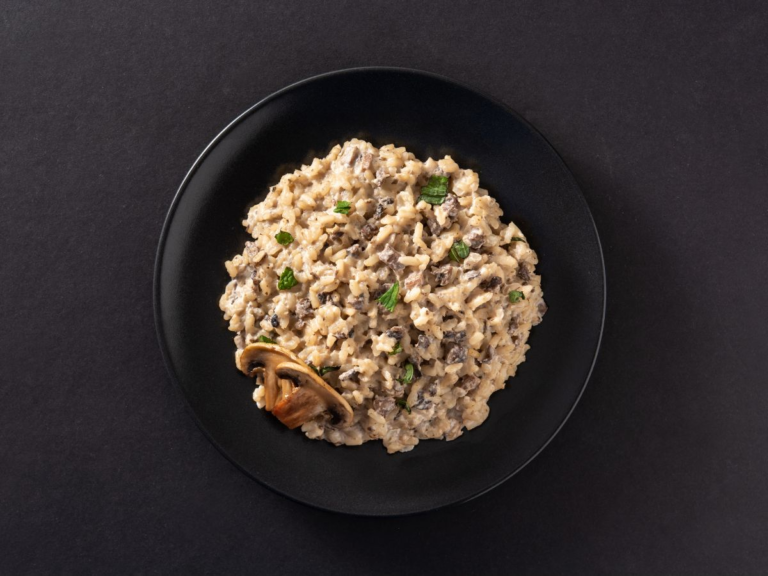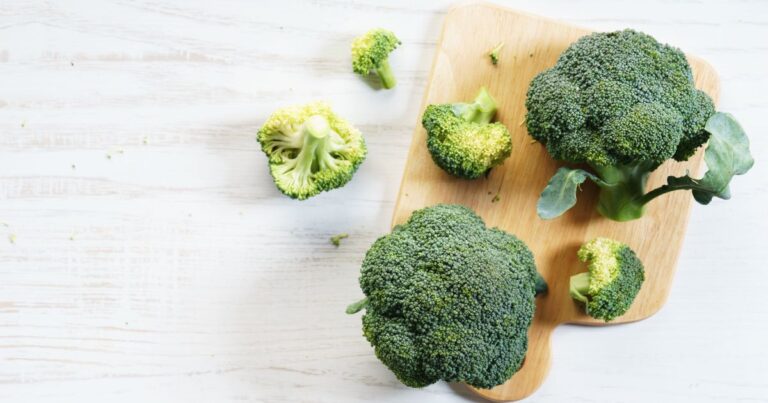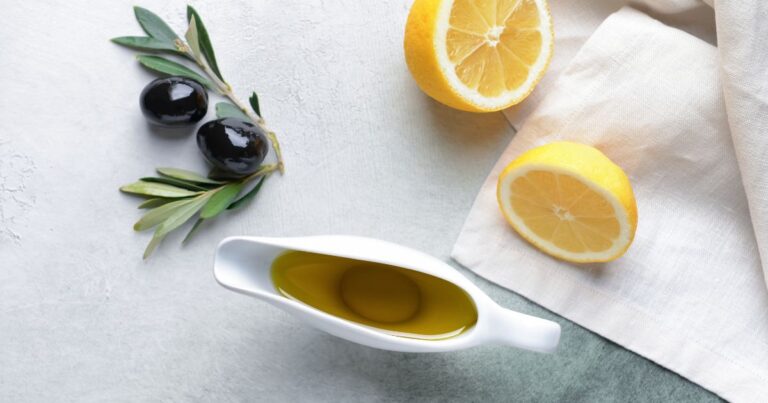Licorice Cravings Explained: What Does it All Mean?
Have you ever found yourself wondering why am i craving licorice? Whether it’s the candy or the more natural licorice root, this flavor is unmistakable. Many of us might wonder why we get these cravings. Here are five common reasons behind extreme cravings, some benefits of licorice, and when it might be too much of a good thing.

Have you ever wondered why you suddenly feel a craving for licorice? That unique, somewhat mysterious taste that seems to pull you in? You’re not alone.
Whether the twisty, sugar-dusted candies or the earthy, chewy strands of natural licorice root, this flavor is a standout that doesn’t shy away from making its presence known.
Let me tell you, as someone who spends days around the freshest produce and ingredients, licorice still intrigues me with its distinctive flavor.
Over my years in the kitchen, whether mixing up family meals or crafting a gourmet dish, I’ve come to appreciate the quirky food cravings that we all experience. And licorice? It’s a frequent flyer on the craving chart.
I’m here to talk about those moments when you reach for that bag of black licorice. We’ll look at what might be driving those cravings—from our bodies’ hormonal twists and turns to the comfort we seek in its sweet embrace.
I also have some insights into the health benefits of giving into your licorice longing and a word of caution about when it might be a tad too much.
Table of Contents
Why Am I Craving Licorice?
Whether you’re a pregnant mom-to-be whose taste buds are on a rollercoaster, or you’re someone who notices a licorice craving kicking in right before your period, or perhaps when you’re feeling a bit stressed and think you may have an iron deficiency—there’s a fascinating story behind each of these cravings.
We’ll explore these whims of taste, peek at the benefits this ancient root holds, and also consider when it might be wise to ease up on this flavorful indulgence. If you didn’t already, you might start craving licorice after this.
Reasons for Craving Licorice
Why do we dream of licorice when a whole world of flavors exists? Let’s jump right into some of the key triggers that might be sending you to the candy aisle:
Pregnancy Cravings

A Taste Twist: Many pregnant women experience changes in taste perception during pregnancy—suddenly, you might find licorice more appealing than ever. This is often due to hormonal changes that play with your taste buds in new and unexpected ways.
Nausea Relief: Licorice has properties that can soothe the stomach, making it a go-to for those queasy pregnancy mornings. A little nibble might make your day start smoother.
Pre-Menstrual Cravings

Hormonal Helper: Just like with pregnancy, hormones fluctuate significantly before your period, which can lead to a craving for comforting or soothing foods. Licorice’s natural anti-inflammatory effects might be the relief your body seeks. Eating healthier foods can lead to a more controlled and consistent period.
Stress Buster: Licorice’s sweetness can also act as a stress reliever during this time, providing a little emotional comfort through its familiar taste.
Nutritional Deficiencies

Adrenal Support: Licorice root is known for its effect on adrenal glands and regulating cortisol, the stress hormone. If your body is under stress or you’re feeling particularly fatigued, it might be signaling for some licorice help.
Seeking Balance: Craving licorice might be your body’s way of looking for minerals like glycyrrhizin, which supports too few steroid hormones, helping balance your internal systems.
Stress and Comfort Eating

Soothing Snack: There’s a reason we turn to certain foods when stressed, and licorice’s effect on the gut is a big one. Its soothing properties can calm a rattled digestive system, making it a comforting choice.
Sweet Memories: For many, the taste of red licorice is tied to positive memories or childhood—a psychological comfort that’s hard to beat when you’re feeling down.
Influence of Gut Microbiota

Gut Feeling: Recent studies suggest our gut bacteria significantly influence our cravings. Licorice can act as a prebiotic, feeding good bacteria and possibly prompting those gut-driven cravings.
Understanding these triggers can help you appreciate the complexity of your food cravings and the profound ways our bodies communicate with us.
Health Benefits of Licorice

When you reach for that stick of black licorice, you’re not just satisfying a craving—you’re tapping into a treasure trove of health benefits. Here’s how indulging in licorice can be more than just a treat:
Digestive Health:
Soothing Sensation: Licorice root is famous for its ability to ease stomach discomfort. It coats the stomach lining, relieving acid reflux, helping heal stomach ulcers, and aiding abdominal pain.
Gut Harmony: By promoting a healthy balance in the stomach’s acids and enzymes, licorice can contribute to overall digestive well-being, making it a wise choice for sensitive stomachs.
Anti-inflammatory Properties:
Natural Relief: The glycyrrhizic acid in licorice acts as a natural anti-inflammatory, helping to reduce swelling and discomfort in the body. This can be particularly beneficial for conditions like arthritis or athletes looking to soothe aching muscles.
Skin Health: Licorice has many internal uses and makes for one of Earth’s natural herbal medicines, including soothing skin irritations and inflammations, making it a popular ingredient in natural skin care products.
Respiratory Relief:
Breathe Easy: Licorice has expectorant properties, which can help clear mucus and soothe sore throats. It’s a standard herbal remedy for coughs and colds, helping to ease respiratory symptoms naturally.
Immune Booster: By reducing inflammation in the respiratory system and enhancing mucosal protection, licorice can also bolster the body’s defenses during cold and flu season.
These health benefits make licorice a smart snack choice, but moderation is key, like with the diet and all good things.
Consuming too much licorice can lead to unwanted side effects, which brings us to some important considerations about licorice consumption.
Potential Risks of Eating Too Much Licorice

While licorice can offer humans many benefits, staying informed about the potential downsides of overindulgence is important.
Here are some key risks associated with consuming too much licorice or licorice root:
Effects on Blood Pressure and Heart Health:
Raising Concerns: Licorice root contains glycyrrhizin, which can cause potassium levels in the body to drop and increase blood pressure. For individuals with existing heart conditions or hypertension, this could pose serious health risks.
Monitoring Intake: Those with cardiovascular concerns must monitor their licorice consumption closely and consult a healthcare provider if they have any questions about how much is safe.
Interaction with Medications:
Medicinal Mix-ups: Licorice can interact with certain medications, including blood pressure drugs, blood thinners, and corticosteroids. This can enhance or negate the effects of these medications, leading to potential health complications.
Pharmacy Chat: Always discuss your licorice consumption with your pharmacist or doctor, especially if you are on prescribed medications, to avoid adverse interactions.
Potential Hormonal Effects:
Hormone Harmony: Excessive licorice intake can disrupt average hormonal balances due to its effects on cortisol and other steroid hormones. This is particularly significant for individuals with conditions like adrenal disorders or those undergoing hormone therapy.
Women’s Health: Women should be mindful of licorice intake, especially if they have hormone-sensitive conditions such as certain types of breast cancer or reproductive health issues.
Given these potential risks, it’s wise to enjoy licorice in moderation. By keeping your consumption balanced, you can reap the benefits of licorice without overloading your system.
Summary Conclusion
To wrap it up, understanding the “why” behind your licorice cravings can be just as satisfying as indulging in them.
Whether it’s due to hormonal changes, a need for comfort, or your body signaling a nutritional gap, there’s usually a good reason behind that sudden urge for a licorice twist. While licorice offers fantastic health benefits like aiding digestion, reducing inflammation and pain, and providing respiratory relief, keeping an eye on how much you consume is crucial.
Like many things in life, the key to enjoying licorice lies in balance. Moderation allows you to enjoy the benefits without risking the downsides, such as high blood pressure, medication interactions, or hormonal imbalances.
Being mindful and informed about your intake can safely satisfy those cravings and turn a simple treat into a powerful ally for your health.
So next time you feel that licorice craving creeping in, remember that a little goes a long way. Enjoy the unique taste and healthful properties of licorice, and let it remind us how fascinating and intricate our bodies’ craving systems are. Here’s to enjoying licorice smartly and savoring every bite—responsibly!
FAQ and Additional Information
What is the healthiest licorice to eat?
The healthiest licorice to eat is typically organic licorice root or licorice tea made from pure, natural licorice root without added sugars or artificial ingredients.
These forms retain the beneficial properties of licorice, including nutrients such as digestive and anti-inflammatory benefits, while minimizing the intake of unhealthy additives found in many licorice candies, which can contribute to adrenal insufficiency.
Is licorice good for you?
Yes, licorice can be good for you in moderation. It offers digestive and anti-inflammatory benefits, can soothe sore throats, and supports respiratory health.
However, excessive consumption can lead to adverse effects like high or low blood pressure and interactions with medications.
Can You Use Licorice when You Have too few Steroid Hormones?
Yes, licorice can be beneficial when you have had too much salt and few steroid hormones because it contains glycyrrhizin, which can help support adrenal function and increase cortisol levels.
Hormones regulates salt excretion and licorice contained glasorisic acid However, it should be used cautiously and under medical supervision due to potential effects on hormone balance and other health risks.








I really enjoyed this article on licorice. As much as I see it in store’s and get so excited. So occasionally I do have to have licorice. 🤗👍 Thank you for letting me know about the stomach acid and inflammatory. It’s a plus for me.